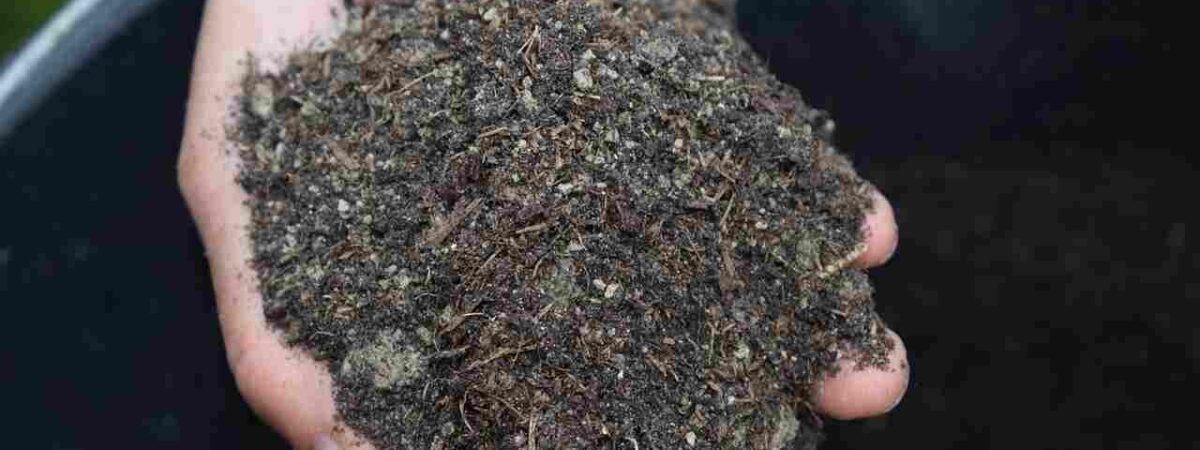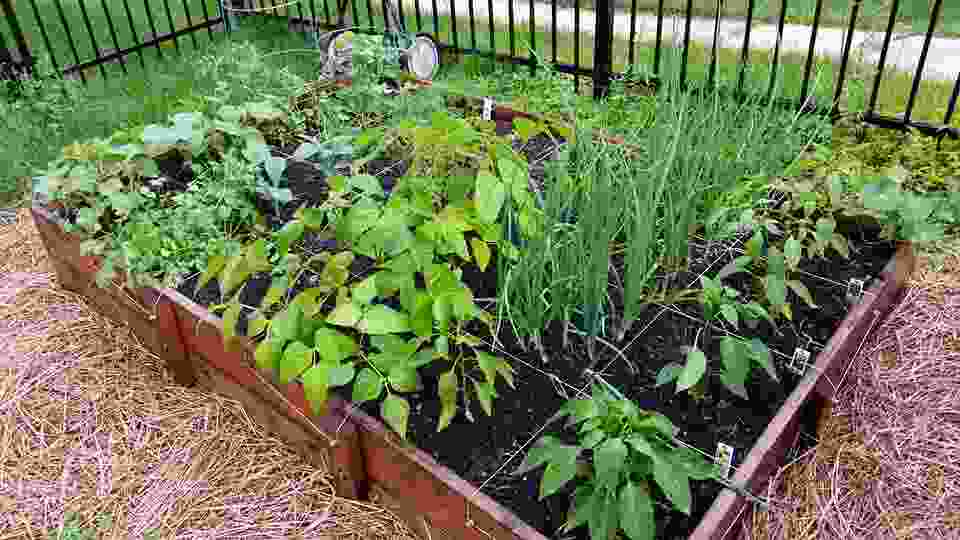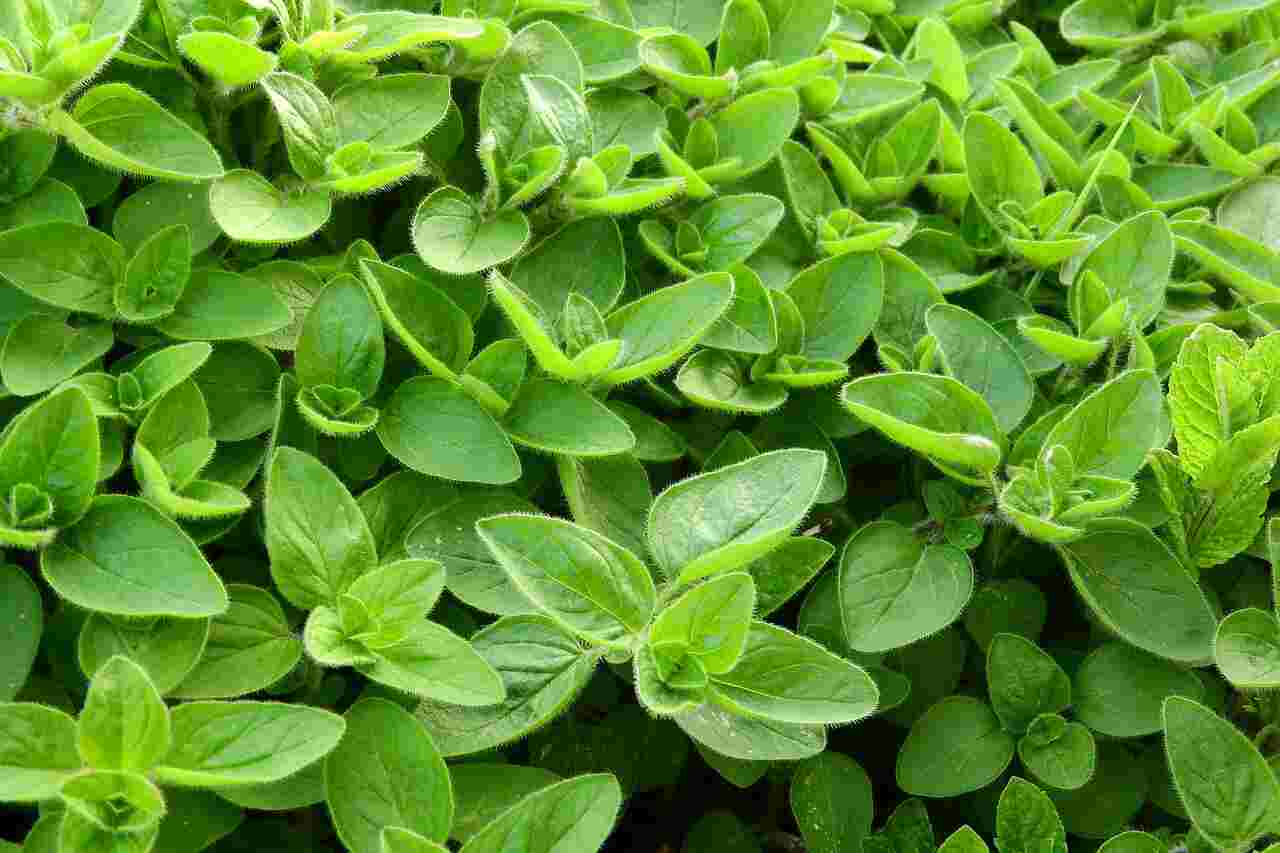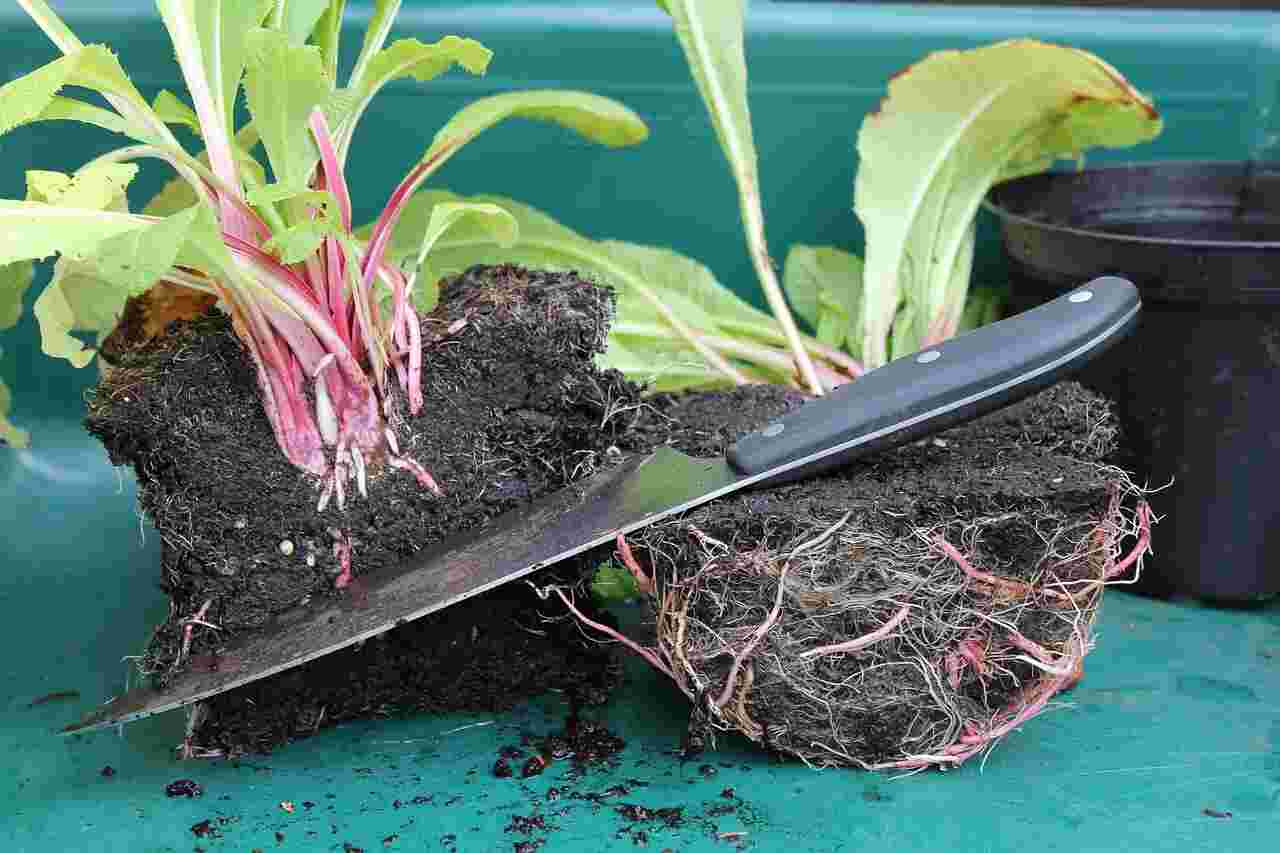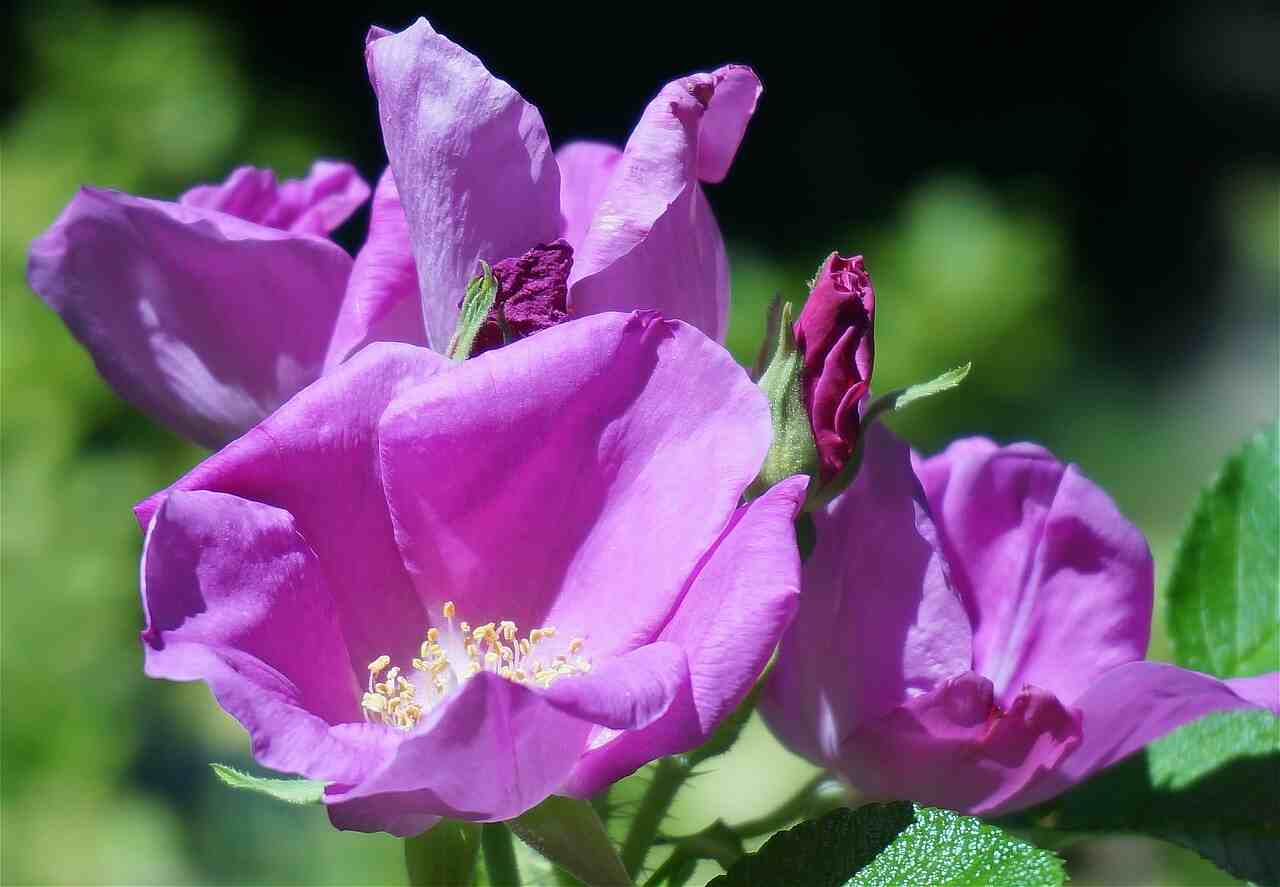When it comes to gardening, mulch is an essential component that can help improve soil health and promote plant growth. In particular, vegetable gardens can benefit greatly from the use of mulch. But with so many types of mulch available on the market, how do you know which one is best for your vegetable garden?
Here In this article going to discuss the best mulch for your vegetable garden.
What is mulch?
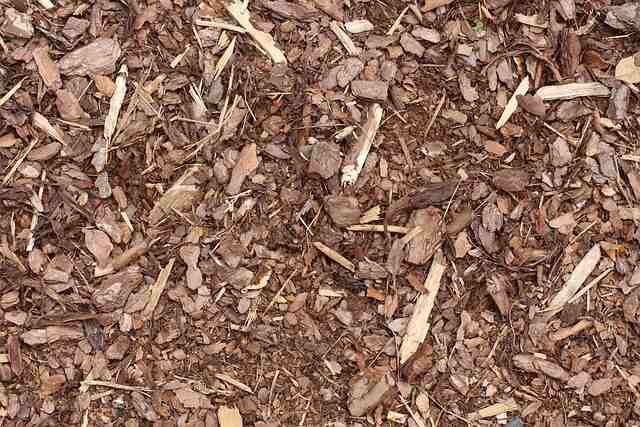
Mulch is a protective layer of organic or inorganic material that is spread over the surface of the soil in gardens and landscaped areas. This layer of material helps to retain moisture in the soil, suppress weed growth, and protect plants from extreme temperatures and other environmental factors. Mulch can also improve the overall appearance of a landscape by adding a finished look to gardens and planting beds.
Mulch is an essential component of any garden or landscaped area. It provides many benefits such as moisture retention, weed suppression, temperature regulation, and soil improvement. Mulch is easy to apply and can be purchased in many different types, colors, and materials. By choosing the right type of mulch for your specific needs, you can help to improve the overall health and appearance of your garden or landscaped area.
Mulch is essential for a vegetable garden because it helps to retain moisture in the soil, suppress weeds, and regulate soil temperature. It also helps to add organic matter to the soil over time as it breaks down, which can improve soil structure and fertility. Additionally, a layer of mulch can help to protect the soil from erosion and compaction.
Benefits of Mulch
There are many benefits to using mulch in your garden or landscaped area. Some of the most important benefits involve
Moisture retention
Mulch helps to retain moisture in the soil, which can be particularly beneficial during hot, dry weather. This can help to reduce the need for frequent watering and can help to prevent plants from becoming stressed.
Weed suppression
Mulch helps to suppress weed growth by blocking light from reaching the soil surface. This can help to reduce the need for frequent weeding and can help to keep gardens and planting beds looking neat and tidy.
Temperature regulation
Mulch can help to regulate soil temperatures by insulating the soil from extreme heat or cold. This can help to protect plants from damage caused by temperature fluctuations.
Soil improvement
Mulch can help to improve soil structure and fertility as it decomposes over time. This can help to promote healthy plant growth and can help to improve the overall health of the soil.
Types of mulch
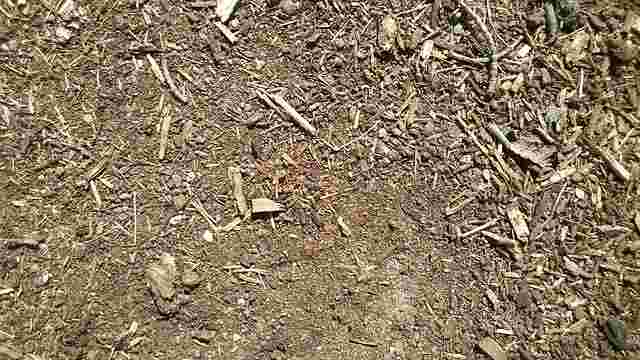
Not all mulches are created equal. Each type of mulch has its own unique set of pros and cons. In this article, we will explore the different types of mulch and help you determine which one is right for your gardening needs.
Organic Mulches
Organic mulches are made from natural materials, such as wood chips, straws, leaves, and grass clippings. They are a popular choice among gardeners because they improve the soil as they decompose. As the organic matter breaks down, it adds valuable nutrients to the soil, which can benefit the plants growing in the area. Organic mulches are also a great option for vegetable gardens, as they help to keep the soil moist and prevent weeds from growing.
Wood Chips
One of the most popular types of organic mulch is wood chips. They are made from tree branches, bark, and other wood debris, and are available in different sizes and colors. Wood chips are an excellent choice for gardens and landscaping projects because they are long-lasting and help to suppress weeds. Additionally, wood chips are a great option for gardens that are located in areas that are prone to erosion, as they help to stabilize the soil.
Straw
Another popular type of organic mulch is straw. It is made from the dried stems of cereal grains, such as wheat, barley, and oats. Straw is an excellent choice for gardens that are located in areas with hot summers, as it helps to retain moisture in the soil and prevent the soil from drying out. Additionally, straw is a great option for gardens that are located in areas that are prone to erosion, as it helps to stabilize the soil.
Leaves and Grass Clippings
Leaves and grass clippings can also be used as organic mulch. They are an excellent choice for gardens that are located in areas with mild winters, as they help to retain moisture in the soil and prevent the soil from freezing. Additionally, leaves and grass clippings are a great option for gardens that are located in areas that are prone to erosion, as they help to stabilize the soil.
Pros and cons of using organic mulch in a vegetable garden
Organic mulch is a popular choice for vegetable gardeners looking to improve soil health, retain moisture, and control weeds. But like any gardening technique, there are pros and cons to using organic mulch in a vegetable garden.
Pros
Soil Health
One of the biggest benefits of using organic mulch in a vegetable garden is the improvement in soil health. As the mulch decomposes, it adds organic matter to the soil, which helps to improve the soil structure and fertility. This, in turn, leads to healthier plants and increased crop yields.
Moisture Retention
Another benefit of organic mulch is its ability to retain moisture in the soil. Mulch acts as a barrier between the soil and the air, preventing evaporation and keeping the soil consistently moist. This is especially beneficial during hot, dry summers when water conservation is important.
Weed Control
Organic mulch can also be used as an effective weed control measure. By placing a thick layer of mulch on top of the soil, you can prevent weeds from germinating and growing. This can save you a lot of time and effort in the long run, as you won’t need to spend as much time pulling weeds.
Cons
Initial Costs
One of the downsides of using organic mulch is the initial cost. Organic mulch can be expensive, especially if you have a large garden or need to purchase a large quantity of it. However, the benefits of using organic mulch, in the long run, may outweigh this initial cost.
Pest Control
Another potential downside of using organic mulch is that it can attract pests like slugs, snails, and rodents. These pests can be a nuisance and can damage your plants. To prevent this, be sure to use a pest control method that is safe for use in a vegetable garden.
Decomposition
Finally, organic mulch will decompose over time. This is both a pro and a con, as it adds organic matter to the soil, but it also means that you will need to replace the mulch periodically. Be sure to keep an eye on the condition of your mulch and replace it as needed.
Tips for selecting and applying organic mulch
Here are some tips for selecting and applying organic mulch to ensure that you get the most out of it for your garden or landscape.
When selecting organic mulch, it is vital to consider the characteristics of the mulch and how they will affect your plants. Here are a few things to keep in mind:
Decomposition Rate
One of the most important things to consider when selecting organic mulch is its decomposition rate. Mulch that decomposes quickly will need to be replenished more often, but it will also provide more nutrients to your plants. On the other hand, mulch that decomposes slowly may last longer, but it may not provide as many benefits to your plants.
Nutrient Content
Another important factor to consider when selecting organic mulch is its nutrient content. Different types of mulch have different nutrient profiles, so it is important to choose a mulch that will complement the needs of your plants. For example, if you have acid-loving plants, you may want to choose a mulch made from pine needles or oak leaves, as they are acidic.
Appearance
Finally, it is crucial to consider the appearance of the mulch when selecting it. Different types of mulch have different colors and textures, so it is essential to choose a mulch that will complement the appearance of your garden or landscape.
Inorganic Mulches
Inorganic mulches are made from materials that do not decompose, such as rocks, gravel, and rubber. They are a popular choice among gardeners because they do not attract pests and they do not decompose, so they do not need to be replaced as often as organic mulches.
Rocks and Gravel
Some of the most popular types of inorganic mulch are rocks and gravel. They are an excellent choice for gardens that are located in areas with hot summers, as they help to retain moisture in the soil and prevent the soil from drying out. Additionally, rocks and gravel are great options for gardens that are located in areas that are prone to erosion, as they help to stabilize the soil.
Rubber Mulch
Rubber mulch is made from recycled tires and is a popular choice for playgrounds and gardens. It is a great option for gardens that are located in areas with hot summers, as it helps to retain moisture in the soil and prevent the soil from drying out. Additionally, rubber mulch is a great option for gardens that are located in areas that are prone to erosion, as it helps to stabilize the soil.
Pros and cons of using inorganic mulch in a vegetable garden
Pros of Inorganic Mulch
Long-lasting
Inorganic mulch, such as rocks or gravel, can last for years without needing to be replaced. This is in contrast to organic mulch, which decomposes over time and needs to be replenished.
Low maintenance
Inorganic mulch requires little to no maintenance, unlike organic mulch which may need to be replenished or removed periodically.
Good for high-traffic areas
Inorganic mulch is durable and can withstand heavy foot traffic and heavy machinery, making it a good choice for high-traffic areas such as paths and driveways.
Weed-free
Inorganic mulch does not support weed growth, unlike organic mulch which can harbor weed seeds and allow them to germinate.
Does not attract pests
Inorganic mulch does not attract pests such as termites or carpenter ants, which can be a problem with organic mulch.
Cons of Inorganic Mulch
Expensive
Inorganic mulch can be more expensive than organic mulch, especially if you need a large amount to cover a large area.
Not environmentally friendly
Inorganic mulch is not biodegradable and can take hundreds of years to decompose, whereas organic mulch breaks down naturally over time.
It does not improve soil
Inorganic mulch does not add any nutrients to the soil or improve its structure, unlike organic mulch which can improve soil health over time.
Not attractive
Inorganic mulch can be unattractive and not complement the natural beauty of a garden or landscape.
Can overheat
Inorganic mulch, such as black rubber mulch, can absorb and retain heat, potentially causing damage to plants or making the area uncomfortable to walk on during hot weather.
Tips for selecting and applying inorganic mulch
When selecting inorganic mulch for your garden or lawn, it is essential to consider a few key factors to ensure that you choose the right type for your specific needs.
Material
Inorganic mulch is available in a variety of materials, including rubber, stone, and plastic. Rubber mulch is a popular choice for playgrounds and landscaping around trees and shrubs. Stone mulch is a great option for pathways, patios, and other high-traffic areas. Plastic mulch is often used in agricultural settings to warm the soil, control weeds, and conserve moisture.
Color
Inorganic mulch comes in various colors, including black, brown, and red. Black and brown mulch is often used to match the natural color of the soil, while red mulch is a popular choice for adding a pop of color to a garden or lawn.
Size
Inorganic mulch is available in different sizes, from small pebbles to large rocks. The size of the mulch you choose will depend on the specific application and the look you are trying to achieve. Smaller sizes are great for pathways and patio areas, while larger sizes are better for landscaping around trees and shrubs.
Price
Inorganic mulch is generally more expensive than organic mulch, but it can be more cost-effective in the long run because it does not need to be replaced as often.
Once you have selected the perfect inorganic mulch for your garden or lawn, it is important to properly apply it to ensure that it serves its intended purpose.
Prepare the area
Before applying inorganic mulch, it is essential to prepare the area by removing any existing weeds or grass. This will help to prevent any unwanted growth from encroaching on your new mulch.
Apply a weed barrier
If you are concerned about weeds growing through your inorganic mulch, it is a good idea to apply a weed barrier before laying the mulch. This will help to keep weeds under control and make your mulch last longer.
Lay the mulch
Once the area is prepared and the weed barrier is in place, it is time to lay the inorganic mulch. Be sure to spread it evenly and at the proper depth to ensure that it covers the entire area.
Water and maintain
Inorganic mulch does not need to be watered as often as organic mulch, but it is still important to water it occasionally to keep the ground underneath it moist. Additionally, it is important to maintain your inorganic mulch by removing any debris or weeds that may grow through it.
Conclusion
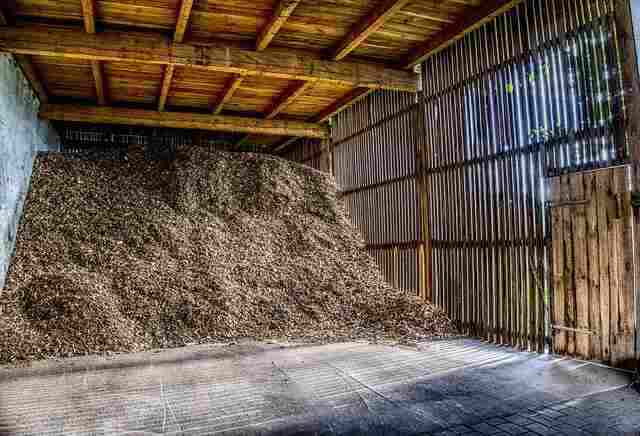
In this article, as you took a closer look at the different types of mulch and discuss the benefits and drawbacks of each, so you can make an informed decision about the best mulch for your vegetable garden.
So choose the best mulch for your vegetable garden and apply it to your garden.
How to create a garden that thrives in a specific climate or weather condition?
Some Ways to Get Rid of Weeds in Your Grass (Lawn) Naturally

